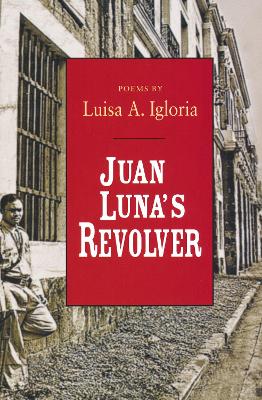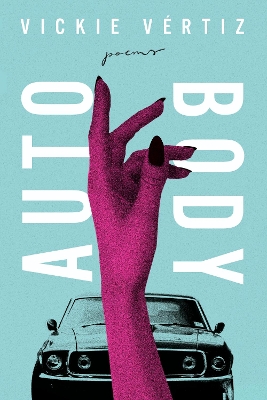Ernest Sandeen Prize in Poetry
2 total works
The poems in Juan Luna' s Revolver both address history and attempt to transcend it through their exploration of the complexity of diaspora. Attending to the legacy of colonial and postcolonial encounters, Luisa A. Igloria has crafted poems that create links of sympathetic human understanding, even as they revisit difficult histories and pose necessary questions about place, power, displacement, nostalgia, beauty, and human resilience in conditions of alienation and duress.
Igloria traces journeys made by Filipinos in the global diaspora that began since the encounter with European and American colonial power. Her poems allude to historical figures such as the Filipino painter Juan Luna and the novelist and national hero Jose Rizal, as well as the eleven hundred indigenous Filipinos brought to serve as live exhibits in the 1904 Missouri World's Fair. The image of the revolver fired by Juan Luna reverberates throughout the collection, raising to high relief how separation and exile have shaped concepts of identity, nationality, and possibility.
Suffused with gorgeous imagery and nuanced emotion, Igloria's poetry achieves an intimacy fostered by gem-like phrases set within a politically-charged context speaking both to the personal and the collective.
The poems in Auto/Body are an inexhaustible engine—sometimes a body, sometimes flesh—a sensual exploration of what it means to repair, to remake, to keep going even when rebuilding feels impossible.
From the greased-up engines of auto body shops to the innumerable points of light striking the dance floor of a queer nightclub, Auto/Body, winner of the Ernest Sandeen Prize in Poetry, connects the vulnerability of the narrating queer body to the language of auto mechanics to reveal their shared decadence.
Behind the wheel of this book is an insistent, humorous voice whose experiences have lent themselves to a deep, intimate knowledge of survival, driven by the pursuit of joy and exalted pleasure. Raised in and near auto body shops, Vickie Vértiz remembers visiting them to elevate the family car to examine what’s underneath, to see what’s working and what’s not. The poetry in this book is also a body shop, but instead we take our bodies, identities, desires, and see what’s firing. In this shop we ask: What needs changing? How do our bodies transcend ways of being we have received so that we may become more ourselves?
From odes to drag, to pushing back on the tyranny of patriarchy, to loving too hard and too queer, to growing up working-class in a time of incessant border violence and incarceration, this collection combusts with blood and fuel. In other words, Vértiz writes to dissolve a colonial engine and reconstruct a new vessel with its remains.

